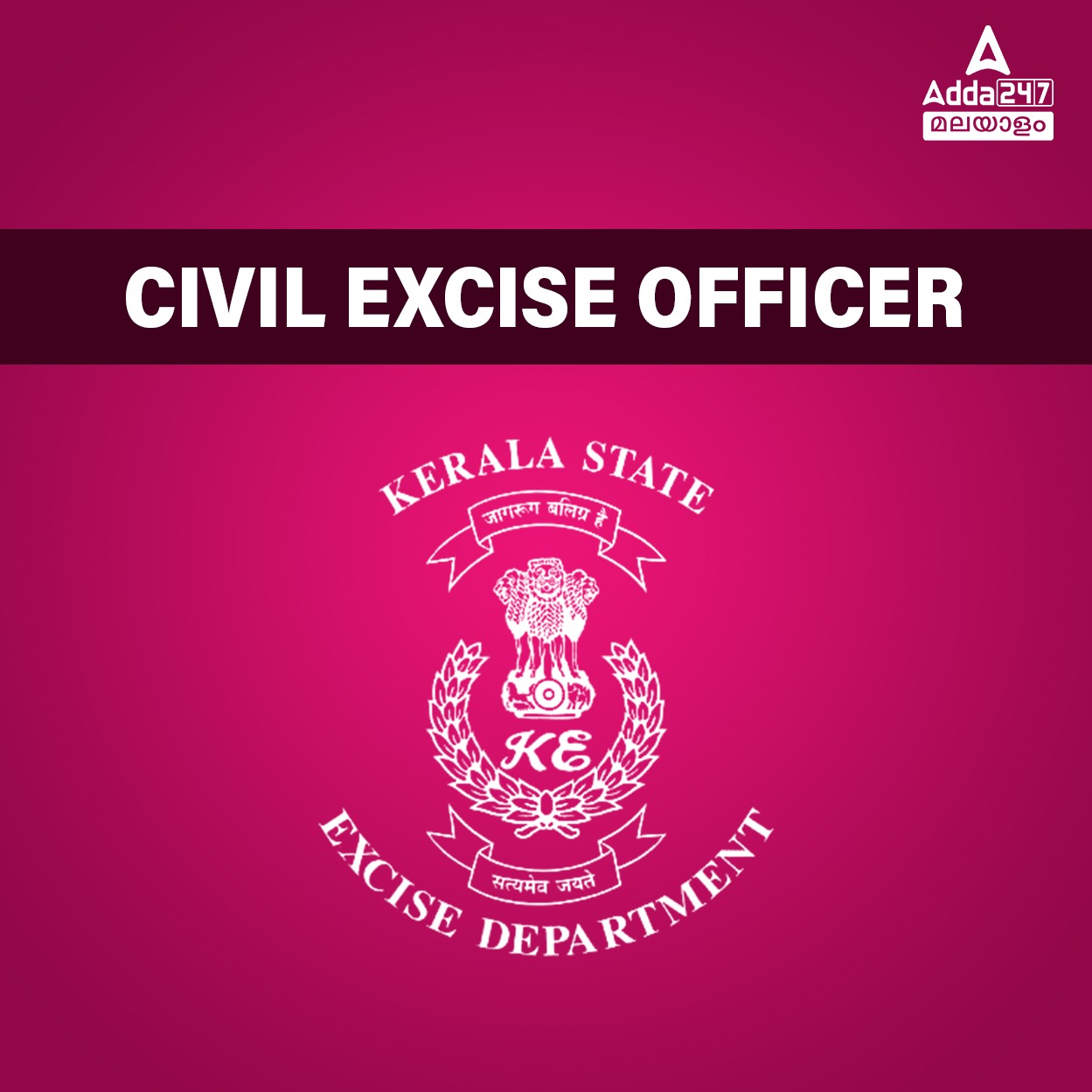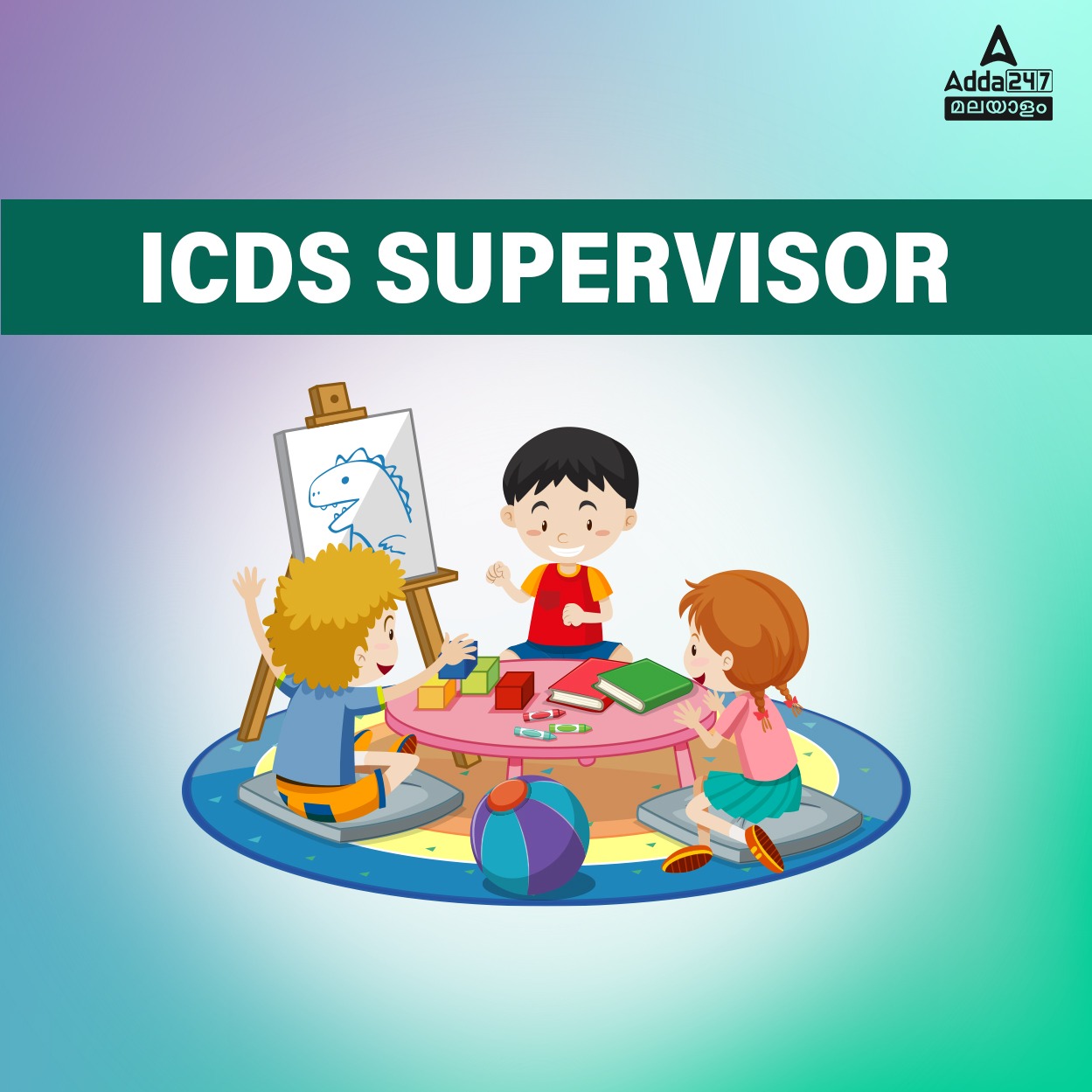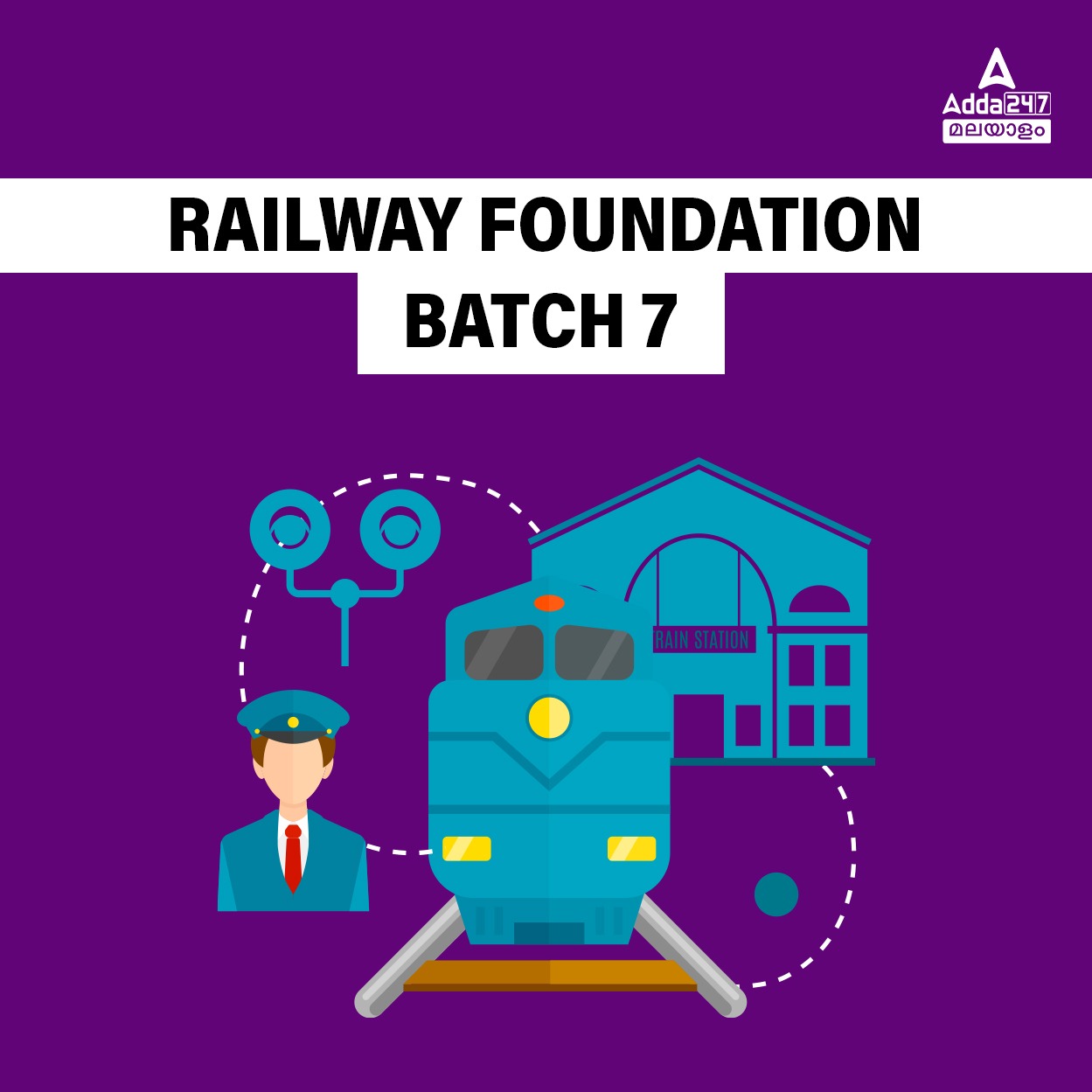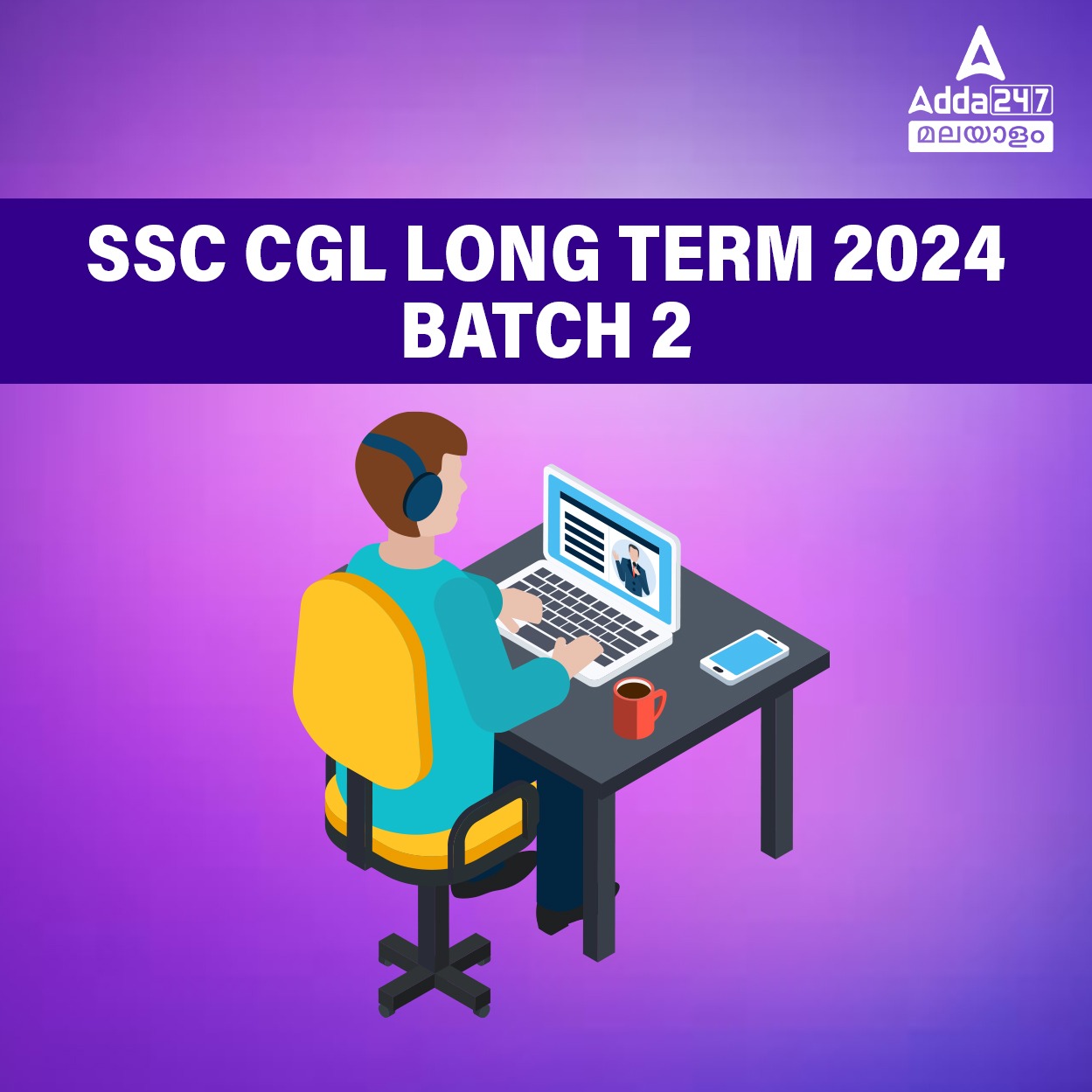Table of Contents
Kerala PSC Deputy Manager Syllabus 2023: Kerala Public Service Commission has published Deputy Manager Syllabus. If you have applied for the post of Deputy Manager in KSCARDB and would like to know the detailed syllabus, then your search ends right here. In order to crack the exam, one needs to have a clear understanding of the syllabus, therefore read through Kerala PSC Deputy Manager (KSCARDB) Syllabus to broaden your perspective. You can also download Deputy Manager Syllabus in pdf format.
Kerala PSC Deputy Manager Syllabus 2023
Kerala PSC Deputy Manager Syllabus: പരീക്ഷയ്ക്കുള്ള തയ്യാറെടുപ്പുകൾ ആരംഭിക്കാൻ സമയമായി. പരീക്ഷയിൽ വിജയിക്കുന്നതിന്, സിലബസിനെക്കുറിച്ച് വ്യക്തമായ ധാരണ ഉണ്ടായിരിക്കണം, അതിനാൽ കേരള PSC ഡെപ്യൂട്ടി മാനേജർ സിലബസ് 2023 വിശദമായി വായിച്ച് മനസിലാക്കുക. നിങ്ങൾക്ക് Deputy Manager Syllabus Pdf രൂപത്തിൽ ഡൗൺലോഡ് ചെയ്യാവുന്നതാണ്.
Deputy Manager PSC Syllabus 2023: Overview
ചുവടെ നൽകിയിരിക്കുന്ന പട്ടികയിൽ Deputy Manager PSC Syllabus 2023 സംബന്ധമായ എല്ലാ പ്രധാനപ്പെട്ട വിവരങ്ങളും ലഭിക്കും.
| Deputy Manager PSC Syllabus 2023 | |
| Organization | Kerala Public Service Commission |
| Category | Exam Syllabus |
| Department | Kerala State Co-Operative Agricultural And Rural Development Bank Ltd |
| Name of the Post | Deputy Manager |
| Category No. | 095/2020, 096/2020 |
| Last Date to Submit Confirmation | 23rd March to 11th April 2023 |
| Mode of Examination | ONLINE/ OMR |
| Medium of Questions | English |
| Total Marks | 100 |
| Duration of Examination | 1 Hour 30 Minutes |
| Official Website | www.keralapsc.gov.in |
Kerala PSC Deputy Manager Exam Pattern
| Kerala PSC Deputy Manager Exam Pattern | ||
| Parts | Subjects | Marks |
| Part I | Higher Diploma in Co-operation | 70 Marks |
| Part II | Basics of Computer | 10 Marks |
| Part III | General Knowledge, Current Affairs & Renaissance in Kerala | 10 Marks |
| Part IV | General English | 10 Marks |
Kerala PSC Deputy Manager Syllabus 2023: Download PDF
Kerala PSC Deputy Manager Syllabus PDF ഡൗൺലോഡ് ചെയ്യാൻ, താഴെ നൽകിയിരിക്കുന്ന ലിങ്കിൽ ക്ലിക്ക് ചെയ്യുക.
Kerala PSC Deputy Manager Syllabus PDF Download
Kerala PSC Deputy Manager Detailed Syllabus
Part I- Higher Diploma in Co-operation
Module 1: Origin and Development of Co-operation and principles of cooperation (5 Marks)
- Origin and Development of Co-operation- Features – Different aspects of Cooperation- Economic, Social and Morale. Co-operation and other Economic Systems- Capitalism- Socialism and Communism -Co-operatives and other Forms of Business Organizations- Distinctive Features of a Co-operative Organization vis-àvis Partnership and Joint Stock Companies- A Co-operative as an Institution and as
an Enterprise – Cooperative Common Wealth.- Principles of Cooperation Principles of Cooperation Contributed By Rochdale Pioneers, Karve Committee And International Cooperative Alliance – Comparison of Cooperation With Capitalism And Socialism – International Cooperative Alliance – Cooperative Day, Cooperative Week, Cooperative Flag, Cooperative Journals
Module 2: Administration and Management of Cooperatives (10 marks)
- Administrative Set up of Co-operative Department in Kerala – State Level – District level and Thaluk level – Powers and Responsibilities of Co-operative Department – Conferment of Powers of Registrar – Functional Registrars in Kerala – Need for Separating Administration from Audit – Employment Opportunities in Cooperative Sector – Selection Procedure. Meetings Including General Body Meeting – Election, Duties, Responsibilities and Workings of Management Committee- Books and Records of Societies- Role of Registrar of Cooperatives – Bye Law And Amendment – Membership – Inquiry , Inspection and Supervision – Cooperative Audit – Special Features of Cooperative Accounting- Books and Registers Kept by Co-operatives as per Kerala Co-operative Societies Act and Rules
Module 3: Co-operative Audit (10 Marks)
- Co-operative Audit – Definition – Objectives – Scope – Advantage – Difference between Audit of Co-operative Societies and Joint Stock Companies – Special Features of Co-operative Audit Administrative Set Up for Co-operative Audit – Types of Audit – Preparations for Audit and Framing of Audit Programme – Stages of Practical Audit – Mechanical Audit- Administrative Audit- Preparation of Final Statements – Reconciliation of Bank Accounts – Co-operative Auditor – Duties – Powers and Liabilities – Audit Report – Audit Certificate – Audit Classification – Assessment and Levy of Audit Fees.
Module 4: Disputes Management in Cooperatives (5 Marks)
- Disputes in Cooperatives – Arbitration and its Procedures – Award – Enforcement of Award – Execution and its Procedures – Recoveries – Attachment of Property – Powers of Cooperative Arbitration Court and its Powers- Appeal Review and Revision- Working of Cooperative Tribunal – Offenses and Penalties
Module 5: Winding Up and Dissolution of Cooperative Societies (5 Marks)
- Winding Up And Dissolution Of Cooperative Societies – Procedure For Liquidation Circumstances Of Winding Up – Appointment, Power Of Liquidator – Disposal Of Records Of Winding Up Of A Society – Cancellation Of Registration Of A Society
Module 6: Types of Cooperatives in Kerala (5 Marks)
- Organizational Structure of Cooperatives in Kerala – Types of Cooperative Credit Institutional Structure in Kerala – Agriculture and Non-Agriculture Societies – Credit and Non-Credit Credit Societies – Short Term and Long Term Credit Institutions In Kerala – PACS- Kerala Bank – NABARD – Federal Cooperatives in Kerala – Dairy Co-operative Societies and their Federations- Fishery Co-operatives and their Federations – Housing Cooperatives and their Federations – Consumer Cooperatives and their Federations – Industrial Co-operatives and their Federations – Handlooms and Power looms – Coir – Handicrafts and Workers Co-operatives etc.
Module 7: Cooperative Education and Training. (5 Marks)
- Cooperative Education and Training Institutions in Kerala- Cooperative Education And Training Institutions at National Level Including VAMNICOM, NCCT, ICM etc.
Module 8: Cooperative legislative Movement in Kerala: (5 Marks)
- History of Cooperative Legislations in Kerala, Historical Background, Cochin Cooperative Societies Act, Madras Cooperative Societies Act, Travancore Cochin Cooperative Societies Act, Features Of Kerala Cooperative Societies Act 1969
Module 9: Cooperative Movement in India (10 Marks)
- History of Cooperative Legislations in India, Evolution Of Cooperative Legislations In 1904, Features Of Cooperative Societies Act 1912, Committees and Commissions of Cooperation in India, Cooperative sector development after 1947- Management and Working of Major Co-operative Organizations and Institutions in – Aid of Cooperatives – NAFED, IFFCO, KRIBCO, NABARD, NDDB, NCDC, and
National Housing Bank and other National Organizations Providing Assistance to Housing Co-operatives
Module 10: History of Cooperative Movement in Foreign Countries (10 Marks)
- Cooperative Movement In England , Robert Owen And His Contributions- Doctrine Of Circumstances, Cooperative Colony, Labour Exchange, Dr. William King, Rochdale Pioneers, Cooperative Wholesale Store, Cooperative Movement In Denmark , Diary Cooperatives, Cooperative Bacon Factory, Cooperative Poultry Society, Cooperative Movement In Germany, Contributions Of Hermann Schultze, F.W. Raiffeisen, Cooperative Movement In Japan, Agriculture Cooperative Associations, Cooperative Union, Fisheries Cooperative Association, Central Cooperative Bank, Consumer Cooperatives, Cooperative Movement In Russia, Cooperative Collective Farms, Consumer Cooperatives, Cooperative Movement In
China, 1st Stage 1912 To 1936, Second Stage 1937-1949, 2nd Stage 1937 To 1949, Industrial Cooperatives In New China, Agricultural Cooperatives In China, The Cooperative Forbundet (KF), Agricultural Cooperatives, Swedish Diary Association(SMR)
Part II- Basics of Computer
Hardware
- Input Devices (Names and uses)
- Output Devices (Names and uses/features)
- Memory devices – Primary and Secondary (Examples, Features)
Software
- Classification – System software and Application software
- Operating System – Functions and examples
- Popular Application software packages – Word processors, Spreadsheets, Database packages, Presentation, Image editors (Uses, features and fundamental concepts of each)
- Basics of programming – Types of instructions (Input, Output, Store, Control transfer) (Languages need not be considered)
Computer Networks
- Types of networks – LAN, WAN, MAN (Features and application area)
- Network Devices – Media, Switch, Hub, Router, Bridge, Gateway (Uses of each)
Internet
- Services – WWW, E-mail, Search engines (Examples and purposes)
- Social Media (Examples and features)
- Web Designing – Browser, HTML (Basics only)
Cyber Crimes and Cyber Laws
- Types of crimes (Awareness level)
- IT Act and Other laws (Awareness level)
PART- III -General Knowledge, Current Affairs & Renaissance in Kerala
Renaissance in Kerala And Freedom Movement
- Towards A New Society
Introduction to English education – various missionary organizations and their functioning- founding of educational institutions, factories. printing press etc.
Efforts To Reform The Society
(A) Socio-Religious reform Movements
- SNDP Yogam, Nair Service Society, Yogakshema Sabha, Sadhu Jana Paripalana Sangham, Vaala Samudaya Parishkarani Sabha, Samathwa Samajam, Islam Dharma Paripalana Sangham, Prathyaksha Raksha Daiva Sabha, Sahodara Prasthanam etc.
(B) Struggles and Social Revolts
- Upper cloth revolts.Channar agitation, Vaikom Sathyagraha, Guruvayoor Sathyagraha, Paliyam Sathyagraha. Kuttamkulam Sathyagraha, Temple Entry Proclamation, Temple Entry Act. Malyalee Memorial, Ezhava Memorial etc. Malabar riots, Civil Disobedience Movement, Abstention ovement etc.
Role Of Press In Renaissance
- Malayalee, Swadeshabhimani, Vivekodayam, Mithavadi, Swaraj, Malayala Manorama, Bhashaposhini,
Mathnubhoomi, Kerala Kaumudi, Samadarsi, Kesari, AI-Ameen, Prabhatham, Yukthivadi, etc
Awakening Through Literature
- Novel, Drama, Poetry, Purogamana Sahithya Prasthanam, Nataka Prashtanam, Library movement etc
Women And Social Change
- Parvathi Nenmenimangalam, Arya Pallam, A V Kuttimalu Amma, Lalitha Prabhu.Akkamma Cheriyan, Anna Chandi, Lalithambika Antharjanam and others
General Knowledge and Current Affairs
Salient Features of Indian Constitution
- Salient features of the Constitution – Preamble- Its significance and its place in the interpretation of the Constitution.
- Fundamental Rights – Directive Principles of State Policy – Relation between Fundamental Rights and Directive Principles – Fundamental Duties.
- Executive – Legislature – Judiciary – Both at Union and State Level. – Other Constitutional Authorities.
- Centre-State Relations – Legislative – Administrative and Financial.
- Services under the Union and the States.
- Emergency Provisions.
- Amendment Provisions of the Constitution.
- Other Constitution Authorities:- Election Commission of India, Human Rights Commission, UPSC, State Public Service Commissions, Information Commission, etc.
Social Welfare Legislations and Programmes
- Social Service Legislations like Right to Information Act, Prevention of atrocities against Women & Children, Food Security Act, Environmental Acts etc. and Social Welfare Programmes like Employment Guarantee Programme, Organ and Blood Donation etc.
CURRENT AFFAIRS
Part IV: General English
i. English Grammar (5 Marks)
1. Types of Sentences and Interchange of Sentences.
2. Different Parts of Speech.
3. Agreement of Subject and Verb.
4. Articles Definite and Indefinite Articles.
5. Uses of Primary and Modal A u xi li a ry Verbs
6. Question Tags
7. Infiniti ve and Gerunds
8. Tenses
9. Tenses in Conditional Sentences
10. Prepositions
11. The Use of Correlatives
12. Direct and Indirect Speech
13. Active and Passive voice
14. Correction of Sentences
15. Degrees of Comparison
ii Vocabulary (5 Marks)
1. Singular & Plural, Change of Gender, Collective Nouns
2. Word formation from other words and use of prefix or suffix
3. Compound words
4. Synonyms
5. Antonyms
6. Phrasal Verbs
7. Foreign Words and Phrases
8. One Word Substitutes
9. Words often confused
10.Spelling Test
11. Idioms and their Meanings
12. Expansion and meaning of Common Abbreviations











